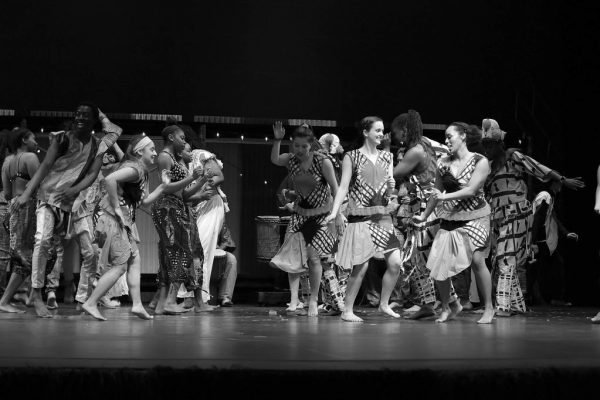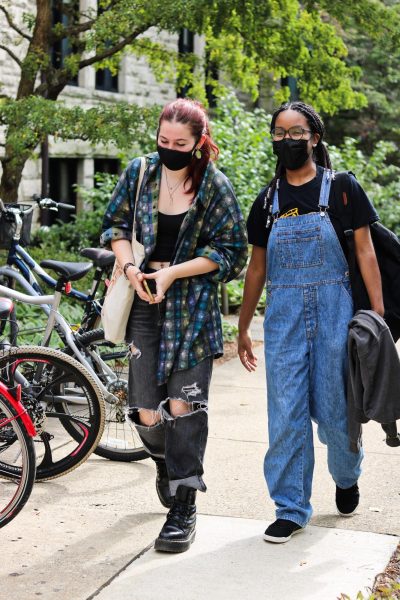PAL Represents Best, Worst of Oberlin
I never had a PAL, but I certainly could have used one as a fledgling first-year. Oberlin has a lot of resources available for students, many of which are difficult to access if you don’t know they exist. Fortunately, I had the iconic Alex Cunningham as a mentor to lead me in the right direction and keep me on my path. Not everyone has such a positive experience — students are often left to fend for themselves without guidance from peers.
One positive thing that came out of the College’s recent Strategic Plan was an acknowledgement of the need for reform in Oberlin’s advising system. Putting it bluntly, students shared a common feeling of disappointment in Oberlin’s pre-major advising mechanisms. This is how the Peer Advising Leaders program came about — it was a direct response to students saying that they needed more. And the PAL program has delivered.
The PAL program emerged as a student-centered approach to mentorship at Oberlin. PALs survive a rigorous vetting and training process to be paired with a cohort of first-year students. We PALs then conduct a series of class sessions geared towards creating a more fluid matriculation into the college experience for first-year students. Our proximity to the first-year experience and knowledge of how to navigate Oberlin as a student positions us well to provide advice on just about any challenge a first-year may face.
In many ways, some responses to PAL represent the worst of Oberlin: institutional resistance to change that students have clearly demonstrated the need for. Some faculty view it as an encroachment on their territory, arguing that advising responsibilities should not be delegated to students. Others view the program as requiring too large a time commitment on top of their hefty research commitments and service obligations. While these concerns are certainly understandable, the hard truth is that what was happening previously was not working for students — which in itself should be a catalyst for change. Oberlin works best when we come together as a community to realize our collective needs and work collaboratively to address them. This approach is what PAL is all about. This approach is Oberlin at our best.
The program is not without flaws. PALs are currently unpaid, even with the significant time demands required in the gig. PAL also needs to place a greater emphasis on social mentorship outside of the classroom. But PAL is a step in the right direction, and first-years are lucky to have a program geared toward ensuring their success.
We owe a debt of gratitude to those who have worked to make PAL successful, even in the face of adversity. Hopefully this is just the beginning of an Oberlin that recognizes student needs and works diligently to address them.




